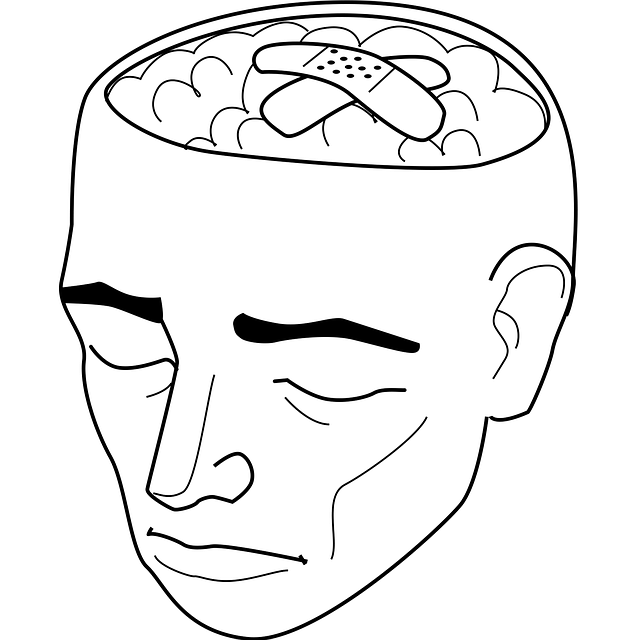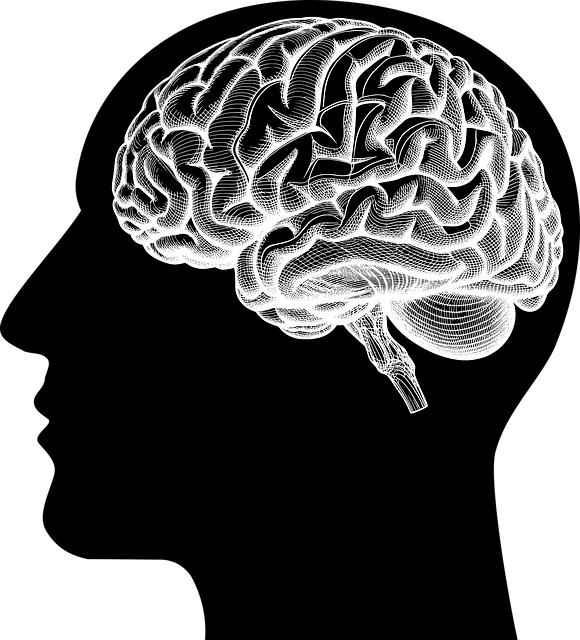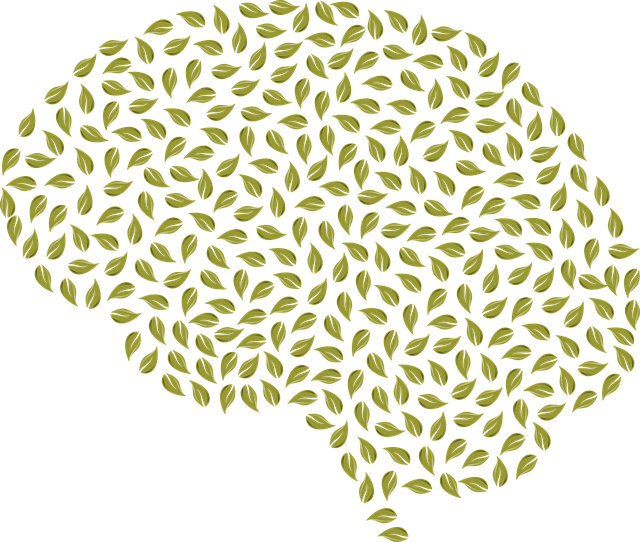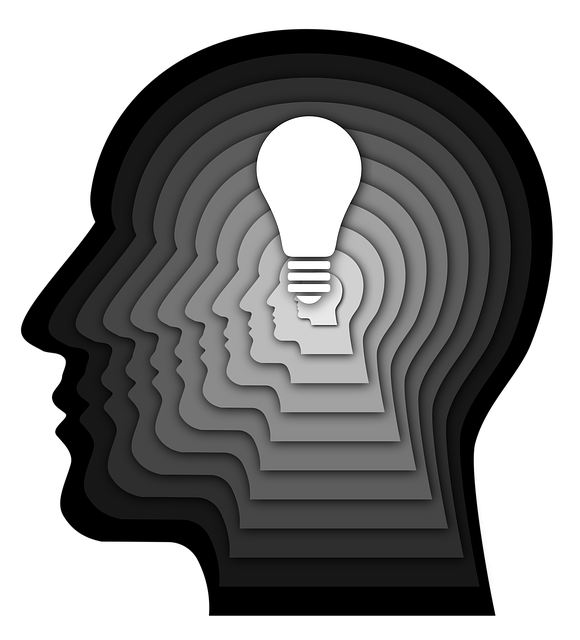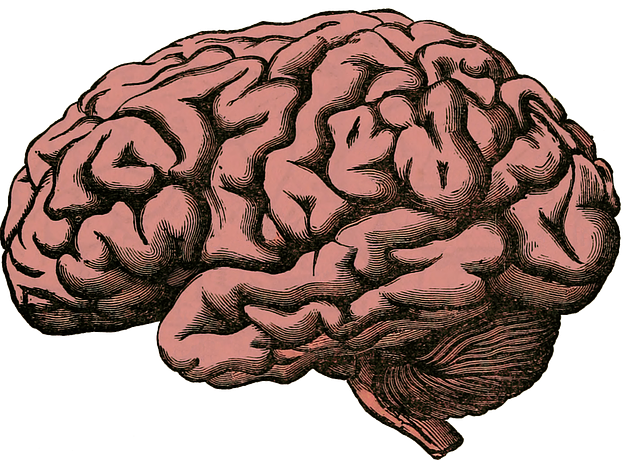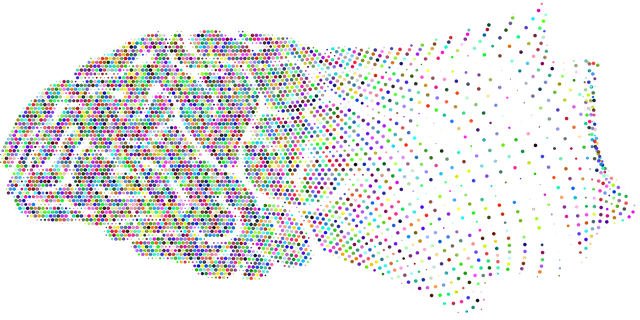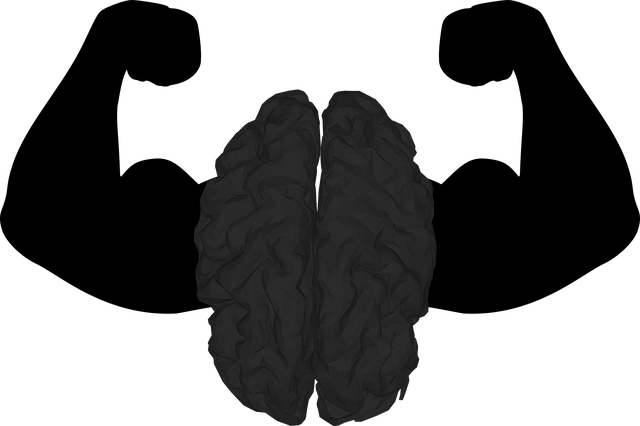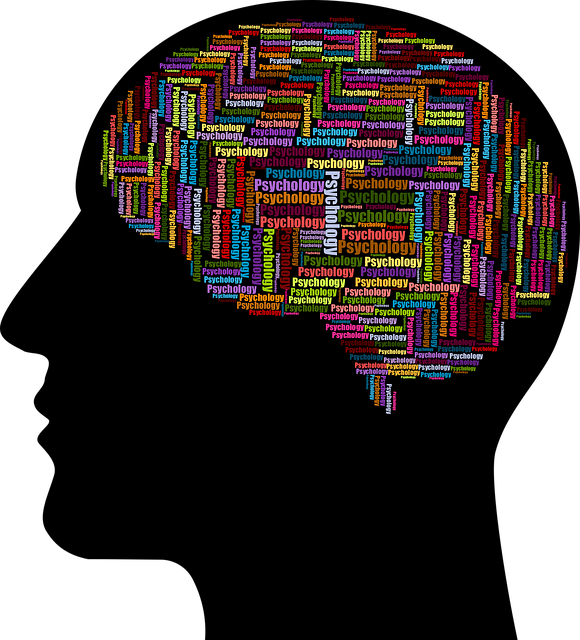Boulder EMDR Therapy is an innovative approach for developing effective coping skills, focusing on trauma and stress disorders. By combining Eye Movement Desensitization and Reprocessing (EMDR) techniques with bilateral stimulation, it helps individuals process traumatic memories and reduce their emotional impact. This therapy empowers people to regulate moods, build resilience, and navigate life's challenges with greater ease. For healthcare providers, integrating Boulder EMDR into practices enhances well-being, prevents burnout, and improves patient care. By combining professional therapy with personal practices like stress management, individuals can cultivate long-term mental wellness and effectively cope with trauma and anxiety.
Coping skills are essential tools for navigating life’s challenges. This article explores the development of healthy coping mechanisms, empowering individuals to manage stress and adversity effectively. We delve into the significance of these skills, introducing Boulder EMDR Therapy as a powerful tool for enhancing resilience. Through identifying personalized strategies and integrating them into daily routines, readers will gain greater emotional well-being and adaptability. Learn how Boulder EMDR Therapy can equip you with coping skills to thrive in challenging situations.
- Understanding Coping Skills and Their Significance
- Boulder EMDR Therapy: A Powerful Tool for Skill Development
- Identifying and Enhancing Effective Coping Strategies
- Integrating Coping Skills into Daily Life
Understanding Coping Skills and Their Significance

Coping skills are essential tools for navigating life’s challenges and maintaining mental well-being. They refer to the strategies individuals use to handle stress, anxiety, or traumatic experiences. Effective coping mechanisms enable people to adapt to difficult situations, regulate emotions, and foster resilience. In today’s fast-paced world, where many face various stressors, learning and mastering these skills can significantly impact overall mental health.
Boulder EMDR Therapy is a proven approach that focuses on helping individuals process traumatic memories and develop healthier coping strategies. It empowers folks to manage their moods, providing valuable crisis intervention guidance during challenging times. By utilizing techniques like cognitive restructuring and mindfulness practices, individuals can find relief from anxiety and develop long-lasting resilience, ensuring they can face life’s hurdles head-on.
Boulder EMDR Therapy: A Powerful Tool for Skill Development

Boulder EMDR Therapy has emerged as a powerful tool for coping skills development, particularly in addressing trauma and stress disorders. This innovative approach leverages Eye Movement Desensitization and Reprocessing (EMDR) techniques to help individuals process and resolve distressing memories or beliefs that are preventing them from moving forward. By facilitating rapid eye movements or other bilateral stimulation methods, Boulder EMDR Therapy allows the brain to process traumatic memories differently, reducing their emotional intensity and associated symptoms.
In the context of Mental Health Awareness and Burnout Prevention Strategies for Healthcare Providers, Boulder EMDR Therapy can be a game-changer. It not only aids in healing from past traumas but also empowers individuals to develop more adaptive coping mechanisms. This is especially crucial for mental health professionals who often face high-stress situations as part of their Risk Assessment for Mental Health Professionals. By integrating EMDR into therapeutic practices, healthcare providers can enhance their clients’ well-being and improve their own resilience against burnout.
Identifying and Enhancing Effective Coping Strategies

Identifying effective coping strategies is a powerful tool for anyone seeking to enhance their mental wellness. This process involves introspection and becoming aware of one’s unique ways of navigating stress, anxiety, or traumatic experiences. By recognizing which strategies work best in different situations, individuals can develop a personalized toolkit for coping with life’s challenges. For instance, some find solace in creative outlets like art or music, while others turn to physical activities or spending time in nature.
Boulder EMDR Therapy offers a structured approach to this process. Through specialized techniques, it guides individuals in processing traumatic memories and replacing negative thought patterns with healthier coping mechanisms. This form of therapy has proven particularly effective for Burnout Prevention Strategies for Healthcare Providers, helping them manage stress and maintain Mental Wellness Podcast Series Production. By integrating trauma support services into their practices, healthcare providers can enhance their resilience and better serve their patients.
Integrating Coping Skills into Daily Life

Integrating coping skills into daily life is a transformative process that empowers individuals to navigate challenges with resilience and grace. Boulder EMDR Therapy, renowned for its effectiveness in treating trauma and anxiety, offers powerful tools for this integration. Through targeted techniques like eye movement desensitization and reprocessing (EMDR), individuals can address past traumas that may be contributing to current stress and emotional distress. This process helps to reframe negative thought patterns and replace them with healthier, more adaptive coping mechanisms.
Incorporating these skills into everyday routines is key to long-term mental wellness. Depression prevention strategies, as part of this integration, involve recognizing early warning signs and implementing stress management workshops designed to promote self-care. Additionally, engaging in regular activities that foster mental wellness, such as the production of a mental wellness podcast series, can provide ongoing support and inspiration. By combining professional therapy with personal practices, individuals can create a robust coping toolkit tailored to their unique needs, ensuring they are better equipped to handle life’s challenges.
Coping skills development is a transformative process that empowers individuals to navigate life’s challenges with resilience. By understanding the significance of these skills and utilizing effective strategies, such as Boulder EMDR Therapy, one can enhance their ability to manage stress, anxiety, and traumatic experiences. Integrating these coping mechanisms into daily routines promotes mental well-being and fosters a more balanced and fulfilling life.

